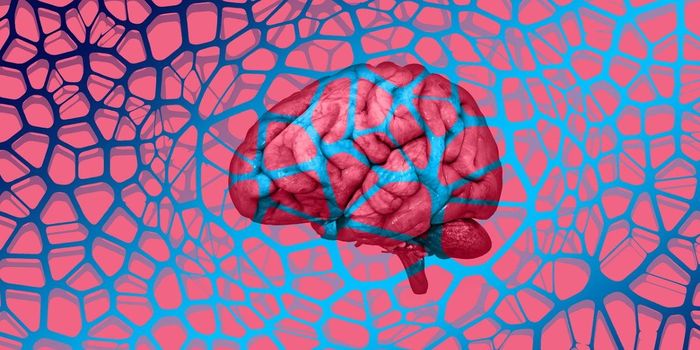SuperAgers and Memory Loss
It’s commonly accepted that as we age, we will come up against memory loss and cognitive decline. Humorously called “senior moments,” small lapses in memory don’t normally alarm most people. When memory loss is more severe, frequent or interferes with daily life, then that could be an indicator of dementia, related to Alzheimer’s disease or other brain disorders. However, there are some older people who do not show any reduction in memory or cognition. A study recently published by researchers at Northwestern University looked at aging and found that elderly people referred to as Super Agers, who retain good memory skills, have less shrinkage in the cortex of the brain.
The study at Northwestern took place over the course of 18 months and involved memory testing and MRI. The SuperAgers had much less brain volume shrinkage than those with normal memory skills, as seen on MRI scans. Amanda Cook, a PhD student in the Clinical Psychology Program at Northwestern and first author of the study explained,
“Increasing age is often accompanied by ‘typical’ cognitive decline or, in some cases, more severe cognitive decline called dementia. SuperAgers suggest that age-related cognitive decline is not inevitable.”
Older people with exceptional memories have been studied in previous research and it’s known that they have thicker cortices than their normal aging peers. The recent research at Northwestern looked at the pattern and speed of shrinkage in the brain to see what kind of activity was happening.
Dr. Emily Rogalski, associate professor at the Cognitive Neurology and Alzheimer’s Disease Center (CNADC) at Northwestern University Feinberg School of Medicine stated in a press release, “For this study we explored whether SuperAgers’ brains were on a different trajectory of decline. We found that SuperAgers are resistant to the normal rate of decline that we see in average elderly, and they’re managing to strike a balance between life span and health span, really living well and enjoying their later years of life. Sometimes it’s useful to turn a complex problem on its head and look from a different vantage point and this is what the SuperAging program does. We are studying people at the opposite end of the spectrum: those with unexpectedly high memory performance for their age”
Included in the study were 24 SuperAgers and 12 cognitively average participants. Both groups were matched in age and education levels. All of the participants underwent multiple MRI scans during the study period to measure brain volume and track any decrease in the thickness of brain tissue. The measurements showed that in the SuperAgers group brain thickness was reduced by 1.06% and in the normally aging group there was a 2.24% decline, more than twice the rate of the control group.
You Might Also Like: Just Breathe...And Improve Your Memory
In an interview with STAT News, Rogalski said of these SuperAgers, “They seem to be resistant in some way to the atrophy process that’s common in average aging. The next natural question is how you get on the slow-atrophy train. And that’s certainly an important next step.” The video below explains more about study and what it could mean for future research.
Sources: Northwestern University, Scientific American, Stat News, PsychCentral









